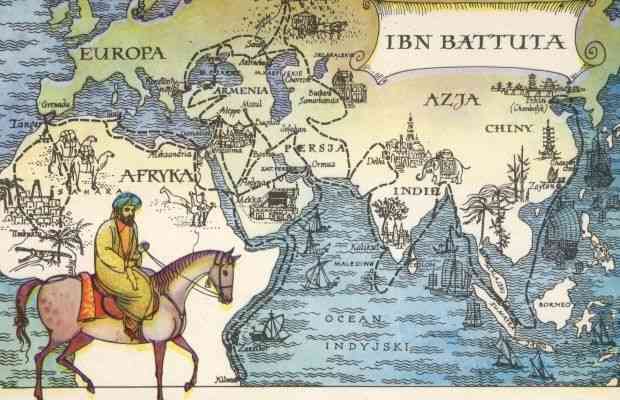Ibn Battuta (1304-1369) Aged- (64-65)
Full Name: Abu Abdullah Muhammad Ibn Abdullah Muhammad Al-Lawati Al Tanzi Ibn Battuta. In short, he is known as 'Ibn Battuta.' And also known as Maulana Badruddin (India) and Shams-ud-Din (China).
He was born in an aristocratic Muslim family on 24 February 1304 AD in the city of Tanzah in Morocco. His father was a Qazi. According to him, his family is the descendant of the Lavata nomadic people of West Africa.
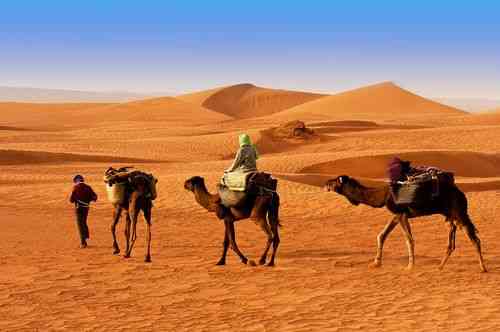
Ibn Battuta has traveled from one place to another all his life. He is famous for traveling the world. From the age of twenty-one, in the next 30 years of his life, he has traveled about 65,000 miles(1,21,000 km) or (1,17,000 km). He is the only tourist who has visited the entire Muslim world during his time.
Ibn Battuta's world tour began in 1325. He came to Makkah at the age of 21 to perform Hajj. He did not return to his homeland after completing the Hajj. From there, he went to Arabia, Persia, Egypt, Syria, Iraq, Iran, Kazakhstan, Afghanistan, Pakistan, Maldives, India, Bangladesh, Sri Lanka, Southeast Asia, and China, all alone. He met the sultans of these countries at that time, and during his travels, he also met famous personalities and many scholars of these regions.
Want to know about the man who destroyed racism? We have you covered:
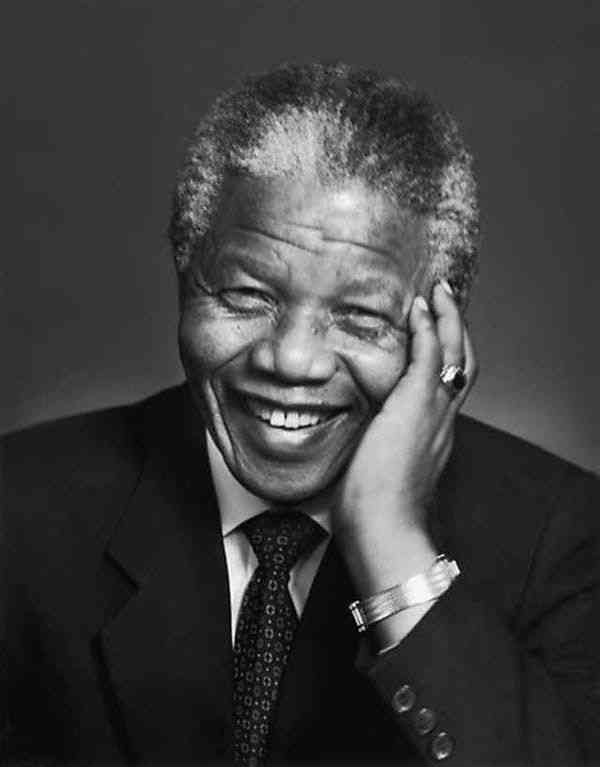
During his travels, he encountered various incidents. He was attacked by a group of robbers on the way to the beach while he was traveling in China. He lost everything in the attack but somehow survived. And in 1345, he left China.
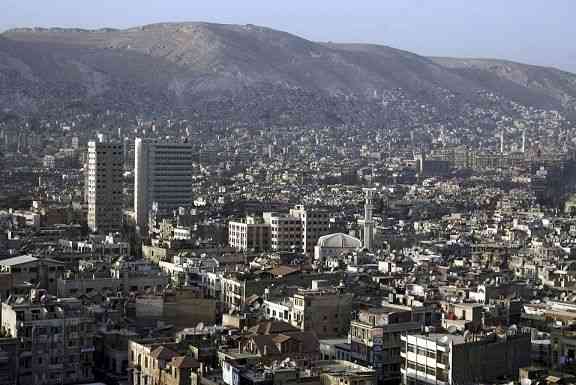
In China, Ibn Battuta was known as Shams-ud-Din. From there, he left for his home country Morocco in 1348. He then left his homeland again and set out on a journey. During his travels, he arrived in Damascus, Syria, in early 1348. At the local Zahiriya Academy, he met a famous sheikh from Tanzah, Morocco. From him, Ibn Battuta had noticed that his father died fifteen years ago but his mother is still alive. He lived in Damascus until the end of 1347. At that time, there was an epidemic of black fever in Syria and Gaza. He learned from the local qazi that the death rate was exceeding 2,400 per day. At that time, the epidemic was evident. So he left, and he reached Makkah through Egypt at that time and after performing Hajj, he reached his own country and when he arrived there, he saw that his mother had passed away. When he reached his hometown of Tanjah, he fell ill.
After recovering from being bedridden for about three months, Ibn Battuta joined the guards at the request of the Sultan to take part in a war/jihad (struggle, effort). Adfunas, the Christian ruler of Spain, occupied and besieged Jobel (Gibraltar) for ten months. Adfunus had the idea that the siege might defeat the Muslims and capture all of the fortresses together. But Adfunus himself was infected with the kala-azar epidemic and died. Thus, Muslims no longer needed to fight against Adfunas. Since there was no need to fight, Ibn Battuta got a chance to visit Valencia and Granada in Spain. From there, he again reached his hometown of Tanjah.
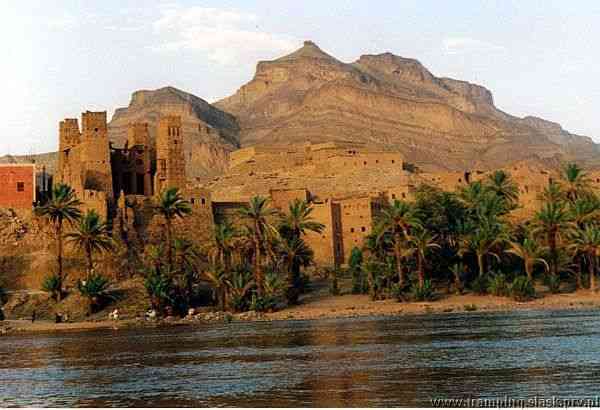
After touring almost all the Muslim empires, he had only one more Muslim country to visit, which was Negroland. In the spring of 1351, Ibn Battuta left the city of Fez for Sijilmasa, north of the Sahara desert. In Sijilmasa, he bought a few camels and spent about four months. From there, he left for Taghaza, the salt mining town, on 16 February 1352. He arrived there after about twenty-five days. According to Ibn Battuta, the houses and mosques were made of salt blocks and the roofs were made of camel skin. There were not many plants in the area and the water was very salty. So, Ibn Battuta spent very little time in Taghaza. He left for Morocco in September 1353 and made his last visit to his homeland in early 1354.
After traveling to about 40 countries in 30 years and returning to his homeland Morocco, Sultan Abu Inan Farisof Morocco hired the poet Ibn Jozaiya to record his travelogue. Rihla was named of his travelogue. It is considered to be one of the most sought after documents about the history of the Muslim Empire in East, Central and South Asia in the 14th century. An English translation of this book was published in 1358.
Death: Ibn Battuta died in 1369 at the age of (64-65). [1]
Thanks for reading this biography. Special thanks to my younger brother Abdullah Al Mamun for help.
References:
[1] Ibn Battuta, Retrieved From : https://en.wikipedia.org/wiki/Ibn_Battuta

